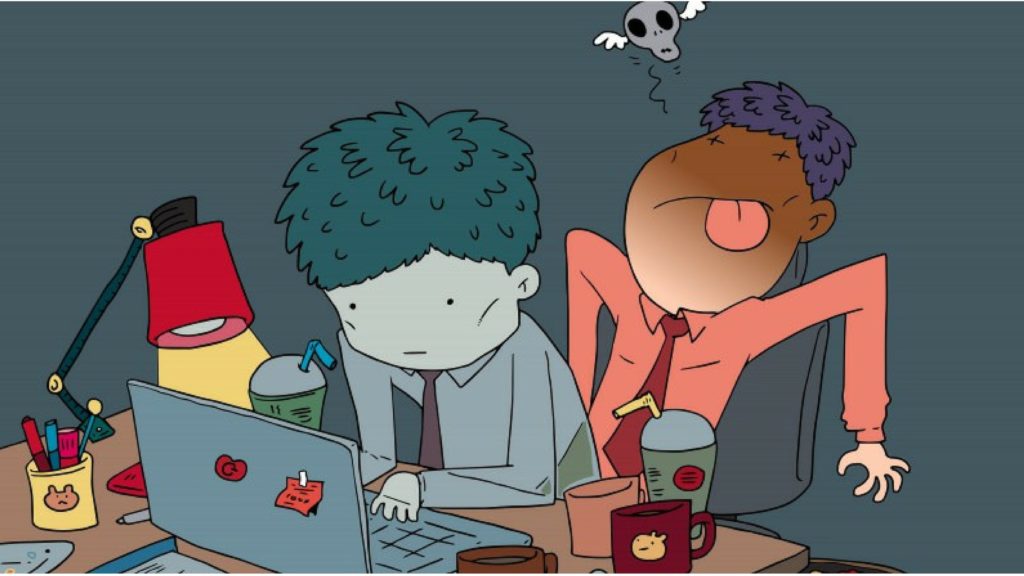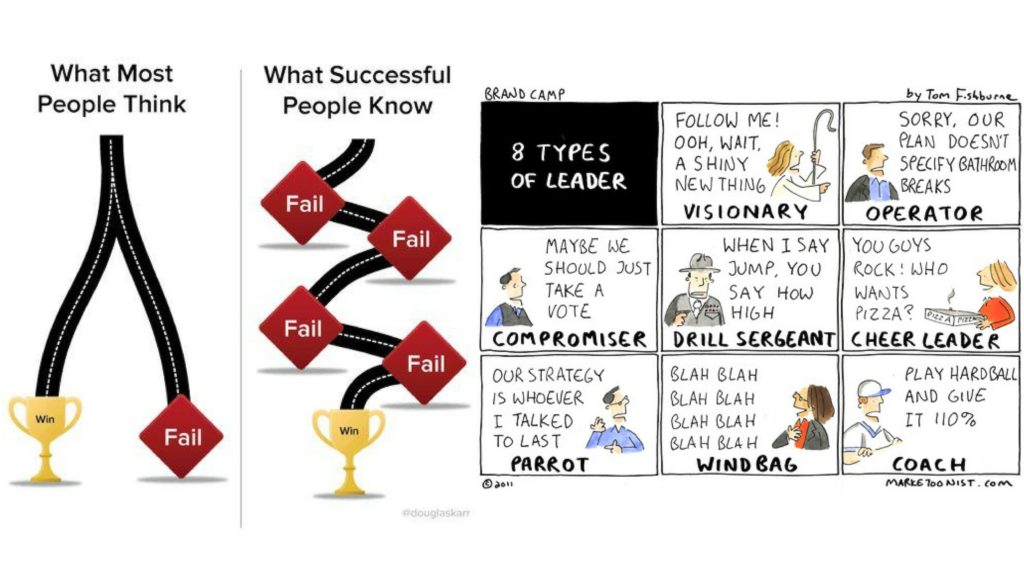What to do when you have one of ‘those’ days

In all schools, we have all had that moment when for some reason or another, we have a very angry parent or carer who is upset and has made a complaint. Worse still, things just keep going wrong…no matter what we do!
The build-up of events suddenly leads to the “almighty cock up”. Without realising, you are the senior leader having to sort it out or the teacher responsible for actioning what needs to happen. – Meanwhile, the parent is waiting for a solution and it needs to happen fast.
Stressful! Whatever the situation and whoever you are!
However, as Leo Tolstoy, the great Russian writer and philosopher says, “The vocation of every man and woman is to serve other people”.
As educators, we are constantly serving people – be it students, staff, parents and carers and many other agencies. Sometimes, parents and carers themselves can lose sight of reason. However, the way forward is to remain calm, think in a solution focused way (as that angry parent is not going to go away) and create a dialogue.
Finally, the most important thing of all, is to act with integrity and compassion, no matter who is involved.
Firstly, as the senior leader or teacher responsible for finding the solution, assess and review the situation. You might think this is teaching you to suck eggs – but the devil is in the detail.
Usually with situations where there is a string of things that have made the communication between the parent and the school collapse, there is whole host of complex conversations, emails and meetings. Read them carefully and liaise with all the necessary members of staff -so you are aware of the facts yourself.

Knowledge is power and it shows straight away to the parent or carer that you are willing to take time to listen and find out why they have become so angry.
Most parents and carers are reasonable people and usually too busy to make a complaint, as it takes time and effort to do so. So please bear this in mind and fully investigate why they are so piqued as often a conversation is enough to get things moving to a better place.
Find out as to what the child is like as a pupil and liaise with all of his or her teachers and the adults that they work with and check the provision he or she is receiving. If they have siblings, check how things are going with them too. There might be nothing wrong – but it gives you a well-rounded picture of what is happening.
Sometimes, there might be other things occurring within the family and a whole host of events may have happened either at home or school which have accumulated into the parent thinking they have had enough!
Furthermore, talk to the child themselves. As the professional in charge, impartiality is key and by talking to the child – you get a view point of what has happened and how they are feeling. School is their home and when things become difficult between the parents or carers and the school, it can impact on them in a variety of ways.
Children need to feel secure that the school will be determined to find a way of working together.
Once you have ascertained the facts, cover your back by discussing it with all relevant stakeholders both orally and in writing. Make sure everyone who needs to know “are in the know”.
Sometimes, when situations become very tricky, senior leaders get involved and meet with the parents and carers. On occasions though, solutions can often be actioned by senior leaders with urgency – but unfortunately, they forget to tell the poor teacher or relevant department what needs to be done.
Discuss the solutions and make sure people are actually ready to execute them. Reflect and ask for feedback. Other people’s viewpoints matter as it allows you to think through the solutions carefully and whether they are feasible.

Once things have been discussed, contact parents for a face to face meeting. While telephone calls and emails are perhaps a quicker way of sorting things, face to face meetings are a really powerful way of re engaging with parents and carers and support in developing a more fruitful relationship. Ensure logs and minutes are kept of all meetings and phone calls – so that there is a trail that can be referred back to at all times, both for present and future needs.
If within the information, the school have got it wrong, put your hands up, acknowledge it and apologise. Nothing winds a parent or carer up more when the school tries to cover up when they have got it wrong.
“As leaders and educators, being humble is a wonderful quality to have.”
That doesn’t mean you blame people or name and shame. – At the end of the day, as the senior leader in charge, the buck stops with you. Listen, explain and apologise. Sometimes, that in itself can be the most important olive branch that can calm a parent or carer down and lead to discussions that have solutions.
Hopefully, all the hard work and preparation before the meeting and behind the scenes should be enough to get things to a better place. Make sure that things are followed through properly and from time to time. Maintain contact and check up on the child, the relevant staff and the parent or carer to see how well things are going. Try to do it on a weekly, then half termly and termly basis and where necessary.
Aim to pre-empt anything that may erode the relationship by ensuring good and effective communication is in place between the relevant teaching and support staff and parents and carers.

In addition, if anything positive happens, make a phone call or send a note to the parents or carers. Many a difficult relationship can be turned around by focusing on the positive.
Sometimes, some parents and carers can become highly unreasonable or they have got it wrong themselves or have misunderstood what has happened. Moreover, some can become verbally abusive and aggressive and discourteous towards staff.
If this happens, stand firm and explain calmly and clearly the solutions and remind the parent or carer, the importance of maintaining a professional atmosphere and ethos.
Remain the consummate professional yourself at all times, even though, it is easy to be pushed to your limits.
As professionals, we do have a duty to look after the child and their families but we have also have a duty to safeguard and look after our staff. As long as staff act with integrity and compassion and ensure quality first teaching and support is in place, leaders need to make sure that they are not anxious about doing their roles as educators.
Try to check up on the member of staff involved and see if they are okay. It can be unnerving and reassurance from a senior leader goes a long way. If the member of staff concerned is in the wrong or systems need to be improved, then have that conversation with relevant people and get things sorted as soon as possible.
On occasions, parents and carers can threaten to go to higher places such as the local authority or Ofsted. However, these agencies will always look carefully if the correct procedures have been followed on both sides and more importantly, if the school has made a swift, robust and reasonable response to the parent or carer’s concerns.
Nobody likes complaints – they are stressful and nerve wracking even for the most resilient of people. However, whatever complaint it is, they make us think deeper and harder about the provision we offer or the systems we have in place.
Our job is to reflect, evaluate and refine things where needed. As they say, “He who wrestles with our nerves, makes them sharper!”








Responses